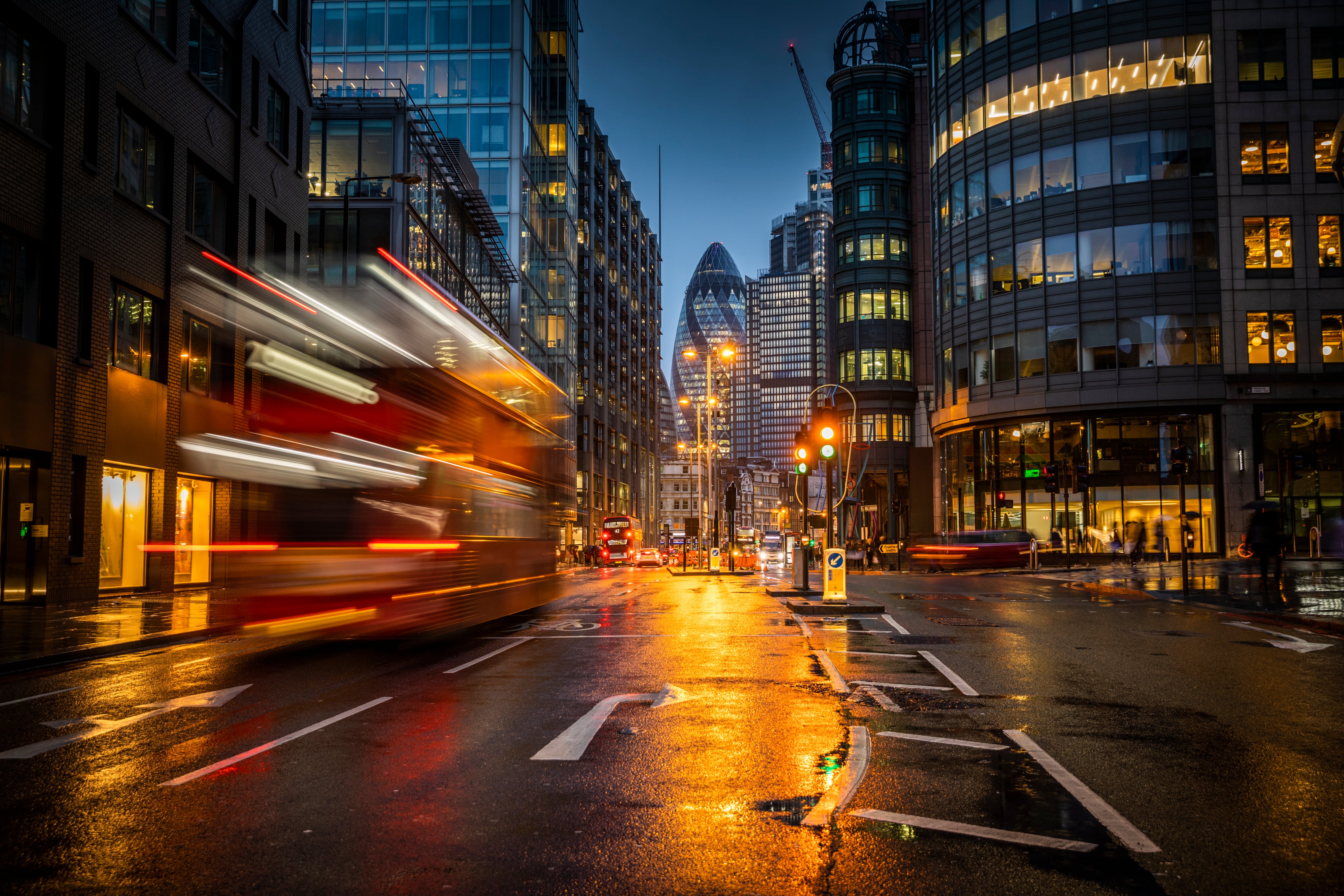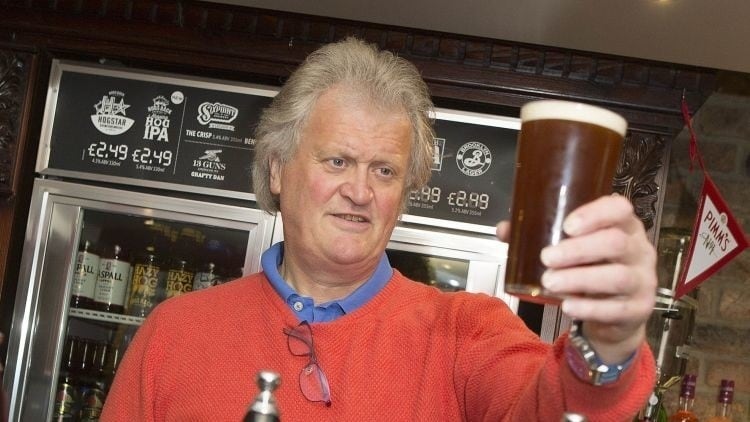The Westminster website described the strategy as “our bold vision for a safer, accessible and more inclusive city between 6pm and 6am”.
The new initiative also aims to reduce noise levels for residents within the Wandsworth area, and introduce new late night entertainment zones for hospitality businesses to operate in.
The strategy is, according to the website, shaped by feedback from thousands of people who live, work and spend time in Westminster at night. The strategy also reportedly outlines key factors that residents both “want and need.”
The new idea underpins key areas in which the council will seek to establish Late Night Entertainment Zones (LNEZ), which are designed to enhance the night time offering in Westminster and help to “strengthen the city’s global reputation”.
The website reads, in developing these areas, we will ensure that only responsible late-night operators, those who respect residents, visitors, and local businesses, are permitted to operate, maintaining a balanced and sustainable night-time economy.
Areas mentioned in the zones include: Oxford Street (between Regent Street and Tottenham Court Road/Charing Cross Road), the Strand (between Villiers Street and Savoy Street), Victoria Street (North) (from Buckingham Gate to Buckingham Palace Road, including the Nova and Cardinal Place developments and Terminus Place).
Five key principles
According to the website , the Westminster strategy is ultimately designed around five core pillars, which aim to guide the After Dark Vision. These include:
• “Safe and secure – tackling crime and anti-social behaviour while making streets, transport, and venues safer at night.”
• “Accessible and positive places – creating well-designed, welcoming, and inclusive public spaces that work for everyone after dark.”
• “Communities and culture – supporting a diverse cultural scene and strengthening Westminster’s night-time identity.”
• “Economic development and opportunities – helping businesses grow while ensuring workers have the support they need.”
• “Environmental sustainability and biodiversity – embedding green initiatives to make Westminster’s evening and night-time economy sustainable.”
Each pillar is supposedly based around specific and strategic objectives. The council has hopes these strategies will collectively push the delivery of the Westminster After Dark initiative over the course of the next 15 years.
This new project marks the first official long-term plan which is dedicated to: “shaping a brighter, more balanced evening and night-time future for Westminster”.
The website reads, by working together with businesses, residents and community groups, we can create a city that works for everyone, day and night.
The strategy is set to be implemented in phases over the course of fifteen years and is aimed to take place in Soho, an area which has been London’s most notorious and well known entertainment district since the 19th century.
Night-Time Industries Association CEO Michael Kill expressed his views on the strategy. Explaining he felt it had “raised concerns” and may be at risk of imposing more extreme restrictions on the sector.
“The Westminster After Dark Strategy’s Quiet Spaces initiative has raised concerns that it is more about control than genuine inclusivity. While acknowledging the need for quieter urban areas, the policy risks imposing further restrictions rather than fostering a balanced approach.”
Highlighting increasing tensions in light of outdoor planning policies, he added: “The growing tension between residents and nightlife businesses has been exacerbated by outdated licensing and planning policies.”
“The Agent of Change principle, designed to ensure new developments accommodate existing venues, is inconsistently applied, often leaving businesses unfairly burdened with noise-related restrictions.
“A reactive, enforcement-led approach further deepens the divide, prioritising penalties over mediation and long-term solutions.”
Kill explained he felt if quiet spaces were to be “genuinely effective” they must be introduced through “collaboration and trust” between both policymakers, businesses and residents.
“... Simply increasing noise restrictions risks undermining the vibrancy that defines city life. Instead, a holistic approach is needed—one that integrates fair urban planning, proactive licensing policies, and thoughtful noise mitigation strategies."
Licensing solicitor firm Poppleston Allen partner David Inzani also expressed he hoped flexibility, collaboration and common ground would be found as a result of the strategy.
He emphasised the new initiative puts forward a vague and slightly confusing message for operators.
Hopes for boosts in late night trade
Inzani said: “The strategy paints a mixed picture for late-night operators.
“It states repeatedly that Westminster will seek to balance economic growth with resident concerns, and what comes across is the intention to establish increased standards of safety, crime prevention and noise management on businesses, but the extent to which the economic growth and flexibility of hospitality businesses will be supported is less clear.”
Touching more on the late night entertainment zones and the effects they may have on trade, he added: “The proposal to designate new LNEZs in areas around Oxford Street, the Strand and Victoria Street will be welcomed by many operators, but exactly what the licensing policy will look like in these zones is not set out in detail in the strategy document, nor what it means for areas outside of these zones.”
“One would hope the creation of LNEZs will support later hours and greater operational flexibility in these areas than is currently recommended under Westminster’s licensing policy. However, until detailed proposals and policies are published this remains to be seen.”
Sharing his thoughts on the council’s recent refusal for later operating hours at a well renowned London jazz club, Inzani added: “The strategy emphasises Westminster’s desire to enhance the late-night cultural offering and bring in diverse operators. However, many will no doubt point to the Licensing Committee’s recent decision to refuse later hours for the Blue Note Jazz Café on St Martin’s Lane - around the corner from Leicester Square and Covent Garden – which appears to fly in the face of this stated intention."
“If a world-renowned jazz bar promoting grass roots music cannot be granted the hours they need to make a viable venture in the heart of Westminster, then it begs the question: what kind of cultural venues will be?”
UKHospitality chief executive Kate Nicholls also offered her opinions on the new strategy and what that may mean for hospitality businesses.
She said: “London’s nightlife has the potential to be one of the best and most diverse in the world and the council has a critical role in enabling that.”
“We look forward to engaging with Westminster Council on how it can help businesses both survive and thrive, including focusing on proposals that can deliver that, like the establishment of LNEZ.”
“Part of this work should also be about deregulation and reducing cost and its disappointing that part of the strategy is consulting on implementing an unfair and costly late-night levy, which has proven to be ineffective.”
The Morning Advertiser (MA) spoke to multiple London-based operators to understand how they feel the new strategy may effect business going forward.
Phoenix Arts Club owner Kenneth Wright said: “Our business is on the border of Camden and Westminster in Soho - we are on the Camden side but whatever happens in either borough impacts us.
“This policy reflects what happens when local politicians can’t get their act together. It flies in the face of the (Labour) Mayor of London’s Night-Time Economy Plan and is almost the complete opposite of Camden’s Evening and Late Night Economy Policy, which proposes the lifting of Camden’s high impact zone licensing restrictions on their side of the street.”
This policy reflects what happens when local politicians can’t get their act together
Phoenix Arts Club owner Kenneth Wright
Explaining that he felt there was a difference in opinion on the importance of late night venues throughout different areas of London, he added: “Camden and The Mayor seem to acknowledge that the late night economy is worth preserving and developing to avoid the black out of venues continuing - having witnessed many such businesses closing, taking jobs and footfall with them...
“Westminster doesn’t seem to need or want a late night economy and certainly not one that involves sale of alcohol. Preferring to use the woeful and failing Metropolitan Police as their lackey to ‘just say no’.”
Wright also outlined the different ways in which crime is dealt with within London and the impact this has on hospitality businesses.
He added: “They cite street crime as the main reason to refuse new licence applications to operate after midnight. It’s their job to prevent and detect crime without fear, favour or malice aforethought - at least that’s what Robert Peel, their founder suggested.
“If they did their job rather than dictate what hospitality venues must do, then local supermarkets, fast food restaurants and licensed premises wouldn’t have to pay a fortune to provide door security in an attempt to reduce the crime they find it so difficult to prosecute.“
Westminster should be bending over backwards to support a 24hr service sector
Phoenix Arts Club owner Kenneth Wright
Wright cited Metropolitan Police provided stats on crime rates within central London, he said: “98% chance of witnessing or being the victim of a criminal act in central London with a 7% detection rate - their stats.”
Touching on the need for support amid an uncertain time for many hospitality businesses, the operator added: “In a month where businesses are about to see a huge increase in business rates against a backdrop of financial recession, rather than adopting a nimby approach Westminster should be bending over backwards to support a 24 hour service sector but seem to prefer the West End of the greatest city in the World to become a backwater borough.”





